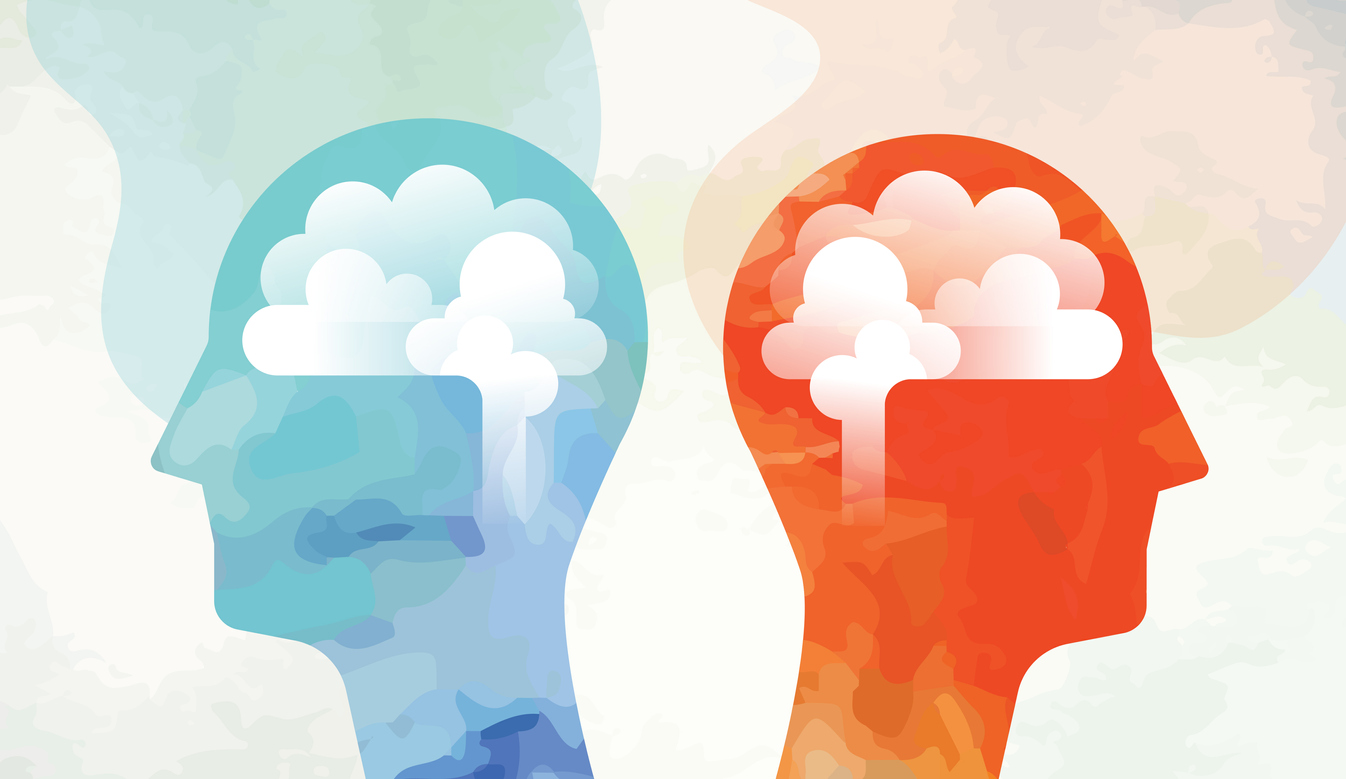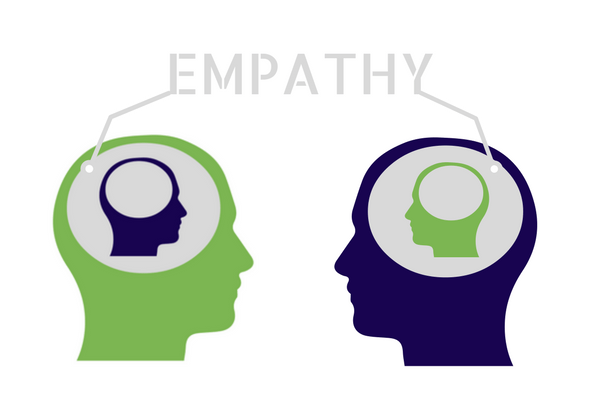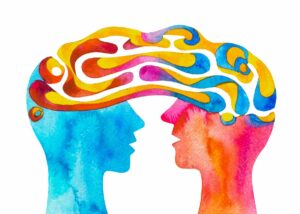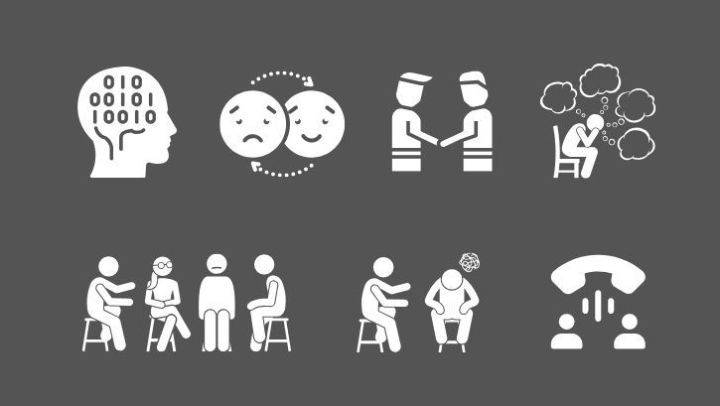If you’re like most people, you’ve probably heard of DBT but don’t really know what it is. DBT is a type of therapy that can be incredibly helpful for those who struggle with emotion regulation, impulsivity, and other issues. In this comprehensive guide, we will discuss what DBT is, how it works, and the many benefits it can offer. We’ll also provide tips on how to find a therapist who specializes in DBT. If you’re considering seeking treatment for your mental health, DBT may be the right option for you.
Contents
Who Is DBT Therapist?
 A DBT therapist is someone who specializes in Dialectical Behavior Therapy. DBT is a treatment that was created to help people who suffer from borderline personality disorder. However, it has been shown to be effective for treating other mental disorders as well.
A DBT therapist is someone who specializes in Dialectical Behavior Therapy. DBT is a treatment that was created to help people who suffer from borderline personality disorder. However, it has been shown to be effective for treating other mental disorders as well.
DBT therapists are also trained in other forms of therapy, such as cognitive-behavioral therapy. This allows them to provide a well-rounded approach to treatment. DBT therapists are also able to provide individualized treatment plans. This means that they can tailor the therapy to meet the needs of each individual patient.
DBT therapists are highly trained and experienced professionals. They have a deep understanding of mental illness and how to treat it. If you are considering DBT therapy, make sure to find a therapist who is properly trained and certified in this type of therapy. There are also many online resources available to help you find a DBT therapist in your area.
What Does DBT Therapist Treat?

DBT therapists are trained to treat a wide variety of mental health disorders. The most common disorders that DBT therapists treat are:
Borderline Personality Disorder
The borderline disorder is a mental illness that is characterized by a pattern of instability in moods, behavior, and relationships. People who suffer from this disorder often have difficulty regulating their emotions. They may also engage in risky or impulsive behaviors. DBT therapists are trained to help people with borderline personality disorder learn how to better cope with their emotions and make healthier choices.
Depression
Depression is a mental illness that is characterized by a persistent feeling of sadness and loss of interest in activities. People who suffer from depression may also have difficulty sleeping, eating, and Concentrating. DBT therapists are trained to help people with depression learn how to manage their symptoms and improve their quality of life. It can also help people with depression learn how to better cope with stress.
Anxiety Disorders
Anxiety disorders are a group of mental illnesses that are characterized by a persistent feeling of anxiety and fear. People who suffer from an anxiety disorder may also have physical symptoms such as sweating, trembling, and racing heart. DBT therapists are trained to help people with anxiety disorders learn how to manage their symptoms and improve their quality of life.
PTSD
PTSD is a mental illness that is caused by exposure to a traumatic event. People who suffer from PTSD may have flashbacks, nightmares, and difficulty sleeping. They may also feel numb or detached from others. DBT therapists are trained to help people with PTSD learn how to manage their symptoms and improve their quality of life. There may also be times when DBT is not the right therapy for someone.
Eating Disorders
Eating disorders are a group of mental illnesses that are characterized by an unhealthy relationship with food. People who suffer from an eating disorder may have a distorted body image and an intense fear of gaining weight. They may also engage in binge eating or purging behaviors. DBT therapists are trained to help people with eating disorders learn how to manage their symptoms and improve their quality of life.
As you can see, DBT therapists are qualified to treat a variety of mental health disorders. If you think you might benefit from DBT therapy, make sure to find a therapist who is properly trained and certified in this type of therapy. There are many online resources available to help you find a DBT therapist in your area.
Different Types of Techniques By DBT Therapists
There are many types of techniques that DBT therapist uses to help their patients. One of the most common techniques is called dialectical behavioral therapy, or DBT. This type of therapy focuses on helping the patient to change their thinking and behavior patterns.
Mindfulness
Mindfulness is a technique that helps the patient to focus on the present moment and be aware of their thoughts and feelings. This can help the patient to better understand their emotions and make healthier choices. There are also many other types of techniques that DBT therapists use to help their patients. If you want to learn more about DBT, make sure to ask your therapist about the different types of techniques they use.
Emotional Regulation
Emotional regulation is a technique that helps patients control their emotions. This can be done through different types of activities such as relaxation, journaling, and deep breathing. This can help the patient to better cope with their emotions and make healthier choices. It may also help the patient to learn how to better manage stress. Emotional regulation also means that the patient is able to understand and label their emotions. This can be a helpful tool for the patient to use when they are feeling overwhelmed or out of control.
Interpersonal Effectiveness
Interpersonal effectiveness is a technique that helps patients improve their relationships with others. This can be done through different types of activities such as assertiveness training, communication skills training, and conflict resolution. This can help the patient to better manage their relationships and make healthier choices. It may also help the patient to learn how to better deal with stress. It also makes it a point to teach patients how to say no without feeling guilty.
Distress Tolerance
Distress tolerance is a technique that helps patients deal with difficult situations in a healthy way. This can be done through different types of activities such as deep breathing, relaxation, and positive self-talk. This can help the patient to better cope with stressful situations and make healthier choices. It may also help the patient to learn how to better deal with their emotions. In distress tolerance, it is also important to teach patients about crisis survival. This means that the patient should know how to take care of themselves in a crisis situation.
How To Find DBT Therapist?
 There are many ways to find a DBT therapist. You can ask your regular therapist if they are familiar with DBT or know of anyone who is, look for a DBT group in your area, or search online for “DBT therapist” or “DBT treatment center.” It’s important that you find a therapist who is trained in and experienced with administering DBT, as this type of therapy requires specific skills and techniques.
There are many ways to find a DBT therapist. You can ask your regular therapist if they are familiar with DBT or know of anyone who is, look for a DBT group in your area, or search online for “DBT therapist” or “DBT treatment center.” It’s important that you find a therapist who is trained in and experienced with administering DBT, as this type of therapy requires specific skills and techniques.
Once you’ve found a potential therapist, it’s important to interview them to see if they’re a good fit for you. This is your chance to ask them about their experience with DBT, how they would administer the therapy, and what their thoughts are on your specific situation. It’s also important to make sure that you feel comfortable with the therapist and that you trust them to help you through this process.
There are many resources that have some qualified DBT therapists. One such source is MantraCare. MantraCare is a website that helps people find qualified DBT therapists in their area. You can either search for a therapist by zip code or city, or you can browse through the therapist profiles to learn more about each one.
If you’re looking for a DBT therapist, it’s important to find someone who is experienced and trained in the therapy. It’s also important to make sure that you feel comfortable with the therapist and that you trust them to help you through this process. There are many resources that have qualified DBT therapists, such as MantraCare. With so many options available, there’s no reason not to get the help you need.
Characteristics of a Good DBT Therapist

There are many different characteristics of a good DBT therapist. They should be able to provide you with the necessary tools to help you manage your emotions and behaviors. They should also be able to teach you how to use these tools in a variety of situations.
DBT therapists should also be able to help you understand your emotions and behaviors. They should be able to explain why certain emotions or behaviors are harmful and how you can change them. Additionally, they should be able to help you develop a plan for dealing with difficult emotions or situations.
Some of these characteristics are:
Experience
Experience is one of the most important characteristics of a good DBT therapist. They should be able to provide you with the necessary tools to help you manage your emotions and behaviors. There are also many different types of DBT, so it’s important to find a therapist who is familiar with the specific type of DBT you’re interested in.
Training
Another important characteristic of a good DBT therapist is training. They should be able to teach you how to use the tools of DBT in a variety of situations. Additionally, they should be familiar with the different types of DBT and how to apply them to your specific situation.
Qualifications
In addition to experience and training, it’s also important to make sure that your therapist is qualified. They should have a license from their state or province that allows them to practice therapy. Additionally, they should have completed a Master’s or Doctoral degree in psychology, counseling, social work, or a related field.
Patience
Patience is an important characteristic for any therapist, but it’s especially important for a DBT therapist. This is because the process of learning and using DBT can be difficult and frustrating at times. A good therapist will be patient with you and help you through the tough parts of therapy.
Compassion
A good DBT therapist should also have compassion for their clients. This means that they should understand what you’re going through and be supportive of your goals. They should also be able to provide you with empathy and care.
These are just some of the characteristics of a good DBT therapist. If you’re looking for a therapist, it’s important to find someone who has these qualities.
How To Become DBT Therapist?
 Becoming a DBT therapist requires a lot of hard work and dedication. There are many different ways to become a DBT therapist, but the most common way is to complete a doctoral degree in psychology or a related field, and then complete a postdoctoral fellowship in DBT. After completing these requirements, therapists can become certified in DBT through the certified source.
Becoming a DBT therapist requires a lot of hard work and dedication. There are many different ways to become a DBT therapist, but the most common way is to complete a doctoral degree in psychology or a related field, and then complete a postdoctoral fellowship in DBT. After completing these requirements, therapists can become certified in DBT through the certified source.
DBT therapists must be able to understand and treat patients with various mental disorders, as well as teach patients how to improve their emotional regulation skills. In order to be successful in this career, it is important for therapists to have excellent communication and interpersonal skills. They must also be patient and understanding, as some patients may require more time than others to learn the skills necessary to improve their mental health.
If you are interested in becoming a DBT therapist, it is important to research the different requirements and training programs available. Once you have completed all of the necessary requirements, you can begin your career by working with patients suffering from mental disorders and helping them improve their emotional regulation skills.
Benefits of Visiting DBT Therapist

There are many benefits of visiting a DBT therapist. Some of these are:
Helps To Manage Emotions
Managing emotions can be a difficult task for some people. DBT therapists can help patients learn how to manage their emotions in a healthy way. There are also many different techniques that therapists can use to help patients manage their emotions.
Improves Interpersonal Skills
DBT therapists can help patients improve their interpersonal skills. This is important because interpersonal skills are necessary for healthy relationships. Therapists can help patients learn how to communicate effectively, set boundaries, and resolve conflict in a healthy way.
Teaches Coping Skills
DBT therapists can teach patients different coping skills. These skills are important because they can help patients deal with difficult situations in a healthy way. There are many different coping skills that therapists can teach, and each patient may need to learn different skills depending on their individual needs.
Makes Treatment More Accessible
DBT therapists can make treatment more accessible for patients. This is important because some patients may not be able to afford treatment, or they may not have access to treatment. DBT therapists can provide treatment in a variety of settings, such as outpatient clinics, hospitals, and private practices.
Gives Patients Support
DBT therapists can provide support for patients. This is important because some patients may not have anyone to turn to for support. DBT therapists can be a source of support for patients and help them through difficult times. It makes it a lot easier for patients to overcome their challenges when they have someone to turn to for support.
Conclusion
DBT therapy is an evidence-based, life-changing treatment for people suffering from mental illness. It has been shown to be effective in treating a wide range of disorders, including depression, anxiety, substance abuse, eating disorders, and borderline personality disorder. If you or someone you know is struggling with mental illness, encourage them to seek out a DBT therapist in their area.
DBT therapists are also able to provide skills training groups or workshops. These groups can teach you or your loved one the skills needed to manage emotions, cope with stress, and improve relationships.
For more information, please contact MantraCare. Online therapists are increasingly important in today’s world because they provide a convenient and accessible way for people to receive mental health support and treatment. Visit MantraCare If you are searching for “therapist near me”. Book a trial Online therapy session


